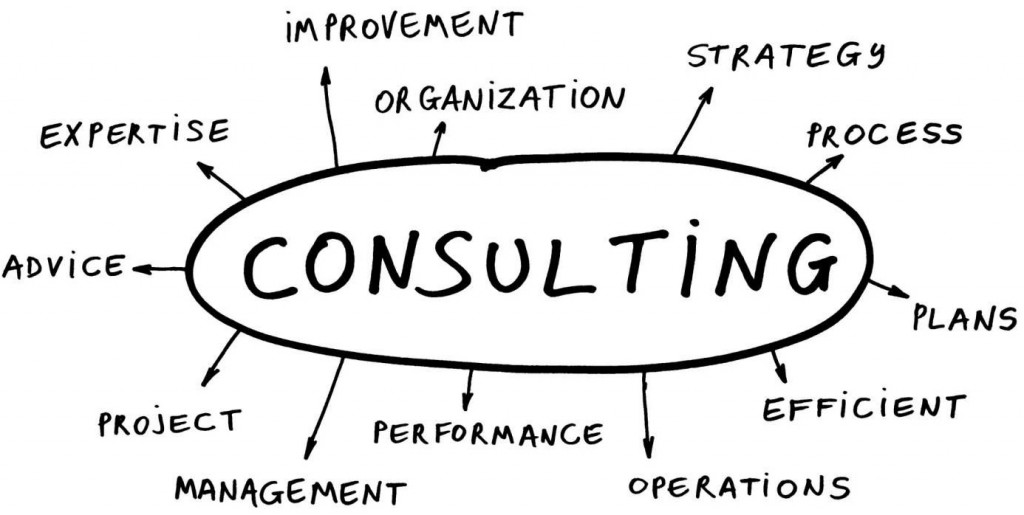
A career in water quality science is an exciting and challenging job with a wide range of opportunities. An undergraduate degree in water sciences is essential. However, there are many routes that lead to this field that are not as technical. Water quality specialists can work for national, local and international organizations. People with extensive experience might be able to move into a consulting role.
Qualifications
Water quality scientists examine the environmental effects of pollutants on rivers and lakes. Some focus on ecosystems while others study human-made systems, such as wastewater treatment facilities and drinking water supplies. Water quality specialists might be needed to safeguard the environment and maintain the safety of the systems. Others focus on the coast.
A degree in water science will help you get started in this area. Some universities offer graduate courses in this area. Some offer apprenticeships that combine part-time and paid work.

Work environment
The main job of a water quality scientist is to ensure water supply quality. This is achieved through testing, regulation, and analysis. They may be experts in groundwater, surface water, or drinking water. They may be paid a different amount depending on the work they do. Salaries for water quality analysts can range widely, depending on their educational background, years of experience, and responsibilities.
Water quality scientists will analyze samples, test them according scientific standards and offer solutions to improve water quality. They will also inspect water quality issues and offer expert advice about pollution prevention and safe release of industrial effluents. An average starting salary for water quality scientists is PS18,000. However, it can go up to PS25,000. The job can be full-time, with frequent travel.
Salary
A water quality specialist collects water samples from various sources. The samples are tested using approved scientific procedures to detect pollutants and give solutions to improve water quality. They are also responsible for inspecting sites suspected of polluting and providing advice on how to safely discharge sewage and industrial effluents. Salary ranges from PS1800 up to PS25,000 for this job. A water quality scientist could work for a company or government agency.
The national average for a Water Quality Scientist salary is approximately $92,500. Some cities pay considerably more. Water quality scientists may be eligible to receive annual bonuses, depending on how they perform. A typical compensation package includes travel benefits, pension, health insurance, and pension. Most water quality scientists work five days a week, but some may work shifts. Additionally, the job requires extensive travel for periodic inspections and quality testing.

Education
A degree in a relevant science discipline is required in order to become water quality scientists. This degree should include both a biology and an analysis component. This field is highly specialized and requires candidates to have a good sense of organization and detail. In general, degree programs should be accredited through the Chartered Institution of Water & Environmental Management. Postgraduate degrees are also a great advantage, and some employers may also require them.
After obtaining a degree, water quality scientists may decide to take on additional training or certification. A PhD will allow water quality scientists to gain new knowledge and increase their career prospects. Typically, a PhD will prepare a scientist for a career in academic research, teaching, or high-level government positions. It will also equip candidates with the skills and confidence necessary to work in the public domain. The importance of water quality in the world is paramount, and professionals who wish to make a difference can apply for positions within government agencies.
FAQ
How do I get clients for my consultancy business?
First, find a subject you're passionate about. You could choose anything from public relations to social media, but it should be something you love. You might have to start small, such as by finding niche markets like web design. Once you have identified the niche, be sure to fully understand its characteristics. What problems does it solve What are the benefits? What can you do to support them?
It is also possible to approach businesses directly.
If all else fails offer your services for free at networking events and conferences. You'll get to know many potential clients without spending money advertising.
What can I expect from my consultant?
You should hear back from your chosen consultant within a few days. They will usually ask for information about your company, including its mission, goals, products, services, budget, etc. After that, they will send you a proposal detailing the scope of work, expected time frame, fees and deliverables.
If everything is in order, then the parties will enter into a written contract. The type relationship between the two sides (e.g. employee-employer or independent contractor-employer) will dictate the terms of the contract.
If everything goes smoothly, the consultant can begin work immediately. He/she will have immediate access to your internal documents, resources, and you'll be able to access his/her skillset and knowledge.
Don't assume that someone who is a consultant knows everything. It takes effort and practice to become an expert in whatever field you consult. Don't expect your consultant know everything about your company.
Why do you need consultants?
You might need consultants for a variety of reasons.
-
A specific project or problem may be a challenge for your company.
-
You are looking to learn new skills or improve your existing skills
-
You would like to work with an expert in your field.
-
No one else is available to take on the task.
-
Feel overwhelmed by all the information available and don't know where you should start
-
You can't afford to pay someone full-time
Word of mouth is the best way to find a great consultant. Ask your network if they are aware of any credible consultants. Ask your friends and family for referrals if you know someone who is a consultant.
If you choose to use online directories such LinkedIn, make sure to use the "Search People” function to locate consultants in your area.
What's the difference between an advisor and a consultant?
An advisor gives information on a topic. A consultant offers solutions to problems.
A consultant works directly with clients to help them achieve their goals. Advisors advise clients indirectly via books, magazines, lectures and seminars, etc.
How do I start a LLC consulting business?
First, determine what you are looking to do as service provider. You must then ensure you are qualified to offer those services. It might also help to find someone who already does what you want to offer and see how they operate.
Once you have an idea of the content you want, you can then determine where your target audience is. You may have to create more if there aren’t enough.
Then you need to decide whether you want to go into business for yourself or hire others to do it for you.
You could also consider starting your own consulting company by getting a license from the state, but this requires quite a bit of paperwork and legal fees.
Are you a consultant?
Consulting isn't just a career option for those who want to earn quick money. It's also a great place to gain valuable skills and build a foundation you can use in your future work.
Consulting offers many opportunities in project management as well as business development, strategy and training. There are many projects you could be involved in, from small start-ups all the way up to large-scale multinational corporations.
Consulting gives you the chance to grow and develop your skills. This could include learning to manage teams and write proposals, manage finances, analyze data, create presentations and conduct market research.
Statistics
- "From there, I told them my rates were going up 25%, this is the new hourly rate, and every single one of them said 'done, fine.' (nerdwallet.com)
- My 10 years of experience and 6-step program have helped over 20 clients boost their sales by an average of 33% in 6 months. (consultingsuccess.com)
- On average, your program increases the sales team's performance by 33%. (consultingsuccess.com)
- Over 50% of consultants get their first consulting client through a referral from their network. (consultingsuccess.com)
- So, if you help your clients increase their sales by 33%, then use a word like “revolution” instead of “increase.” (consultingsuccess.com)
External Links
How To
What Does A Typical Day For A Consultant Look Like?
Your work type will determine the length of your day. But, in general, you will spend your time researching, planning and meeting new clients.
You'll often have meetings with clients where you can discuss issues and solve problems. These meetings can be held over the telephone, online or face-to face.
It is possible that you will be asked to write proposals. These documents outline your ideas and plans, and are required by clients. You will need to discuss these proposals with a mentor or colleague before you present them to clients.
After all the planning and preparation, you will have to produce some content. You might be creating articles, videos, editing photos, writing interviews, or designing websites.
You may need to conduct research depending on the scope of your project to find relevant statistics and figures. This could include finding out how many customers your company has and whether they purchase more than one product.
Once you have all the information needed, it is time for clients to see your findings. You may give your findings orally or in written form.
After your initial consultation, you should follow up with your clients. For example, you could call your clients periodically to check how things are going. Or send them emails asking them to confirm they have received the proposal.
While this can be a slow process, it's essential to remain focused and maintain good working relationships with clients.